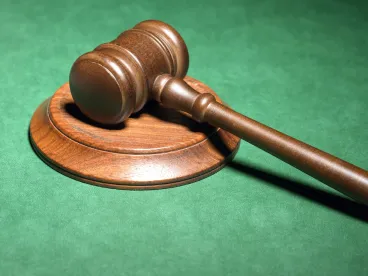Yesterday’s post limned the Nevada Supreme Court’s adoption of New York’s Auerbach standard of review for special litigation committee recommendations. In re Dish Network Derivative Litigation, 133 Nev. Adv. Op. 61 (2017). The Supreme Court unequivocally required that the trial court apply Auerbach at an evidentiary hearing :
Pursuant to Auerbach, 393 N.E.2d at 996, and consistent with Shoen v. SAC Holding Corp., 122 Nev. 621, 645, 137 P.3d 1171, 1187 (2006), and In re AMERCO Derivative Litig., 127 Nev. 196, 222, 252 P.3d 681, 700 (2011), a shareholder must not be permitted to proceed with derivative litigation after an SLC requests dismissal, unless and until the district court determines at an evidentiary hearing that the SLC lacked independence or failed to conduct a thorough investigation in good faith.
The trial court in Dish Network decided the issue on written motions without holding a hearing at which witnesses and other evidence was adduced. Given the Supreme Court’s requirement of an evidentiary hearing, one might have expected the Supreme Court to have reversed the trial court’s order granting the SLC’s motion to defer to its recommendation to dismiss the complaint. The Supreme Court, however, found that the trial court’s procedures satisfied the requirements of an evidentiary hearing:
However, the record demonstrates that Jacksonville submitted with its supplemental briefing the evidence it obtained through discovery, including the deposition testimony of each SLC member. At the subsequent hearing, Jacksonville also quoted from the deposition transcripts, among other evidence, in illustrative slides it presented to the district court—Jacksonville did not request a more formal proceeding nor object to the lack thereof Thus, the district court received evidence, heard arguments on the evidence, and considered the evidence in granting the SLC’s motion. Additionally, we note that evidence need not be in a particular format to qualify as evidence—testimony is evidence whether it is given in court or a deposition.
Writing in dissent, Justice Kristina Pickering begged to differ, questioning how it was not an abuse of discretion for the trial court to resolve material issues of fact based on written submissions.



 />i
/>i
